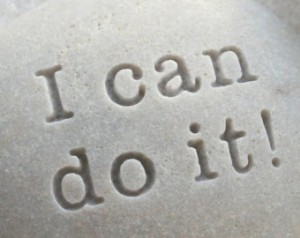 Each month we will discuss a life skill with all of our students. This month the word is Optimism. This word will be defined in the following ways for our students.
Each month we will discuss a life skill with all of our students. This month the word is Optimism. This word will be defined in the following ways for our students.
Young students: Optimism means: “I look on the bright side!”
Older students: Optimism means: Believing and expecting everything will work out for the best
Each age group has a worksheet that parents can use to continue the discussion at home with their children, and one for adults to allow them to think more deeply about the skill and how it applies to them. Would you like to receive the worksheet? Stop by our studio at 133 Gibralter Avenue in Annapolis, MD and tell us the age of your child. We will give you a worksheet and invite you to watch Mr. Joe discuss the word with the students in class. You can also follow our discussions here on this website.
If you would like to become a member of Balanced Life Skills, come TRY CLASSES FOR FREE. We are not your typical martial arts school, in fact we are an education center, working with our students on physical skills along with empowering families with compassion, awareness and respect – creating a culture of peace. We believe in every child and build their self – confidence. Balanced Life Skills takes part in community service and encourages each student to do the same.
Come in and talk to the parents that are here and watch the class for the age group you are interested in. Learn about the Balanced Life Skills Way.




